Journalist union’s information war: ‘Treat Israel like Hamas’
Key figures from Nine, ABC and The Guardian endorse a letter calling for ‘professional scepticism’ about information from the Israeli government, sparking a ban from some bosses.
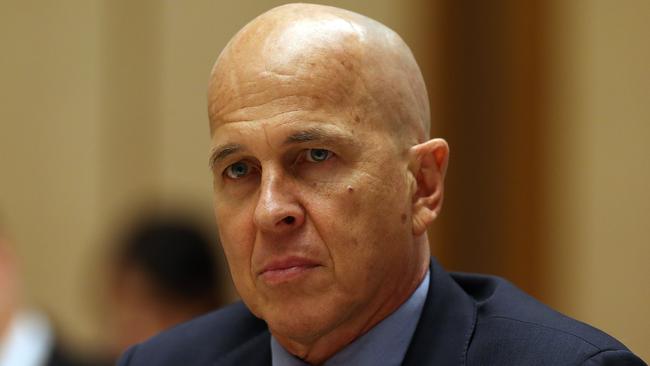
A cohort of journalists – including ABC, Guardian and Nine newspapers staff – have signed an unprecedented open letter calling for all Australian newsrooms to treat unverified information from the democratically elected government of Israel and terror group Hamas with the same “professional scepticism”, while declaring the current conflict “did not start on October 7”.
The open letter, endorsed by the journalists’ union and signed by more than 160 media figures as of Friday evening, has drawn criticism from Jewish groups, senior media figures and the federal Coalition for watering down the October 7 terrorist attack on Israel as the trigger point for the current conflict and endorsing activist journalism.
Read the letter and petition here
The document claims that “Israel’s devastating bombing campaign and media blockade in Gaza” poses an unprecedented threat to press freedom and emerged one day after Patrick Abboud, the co-host of the Walkley Awards, on Thursday night called on journalists in attendance to push for a ceasefire to the Middle East conflict.
The media controversy erupted as a temporary ceasefire came into effect at 4pm (AEDT) to help facilitate the release of Israeli hostages held by Hamas in exchange for the return of Palestinian prisoners.
The letter, which noted the deaths of “at least 53 journalists” in the fighting, called for reporters to “adhere to truth over ‘both-sidesism’, which it said shrouded “the enormous scale of the human suffering currently being perpetrated by Israeli forces”.
It also suggested reporters provide “historical context” when referencing the October 7 attack which left 1200 Israelis dead, by referencing the “expulsion of hundreds of thousands of Palestinians from their native lands” in 1948 and the “illegal occupation of Palestinian territories by Israel since 1967”.
In response, Nine’s editorial leadership team has banned any reporters who signed the letter from reporting on the conflict. The directive, authored by Sydney Morning Herald editor Bevan Shields, The Age editor Patrick Elliget, national editor David King and executive editor Tory Maguire, was posted to all staff on Friday.
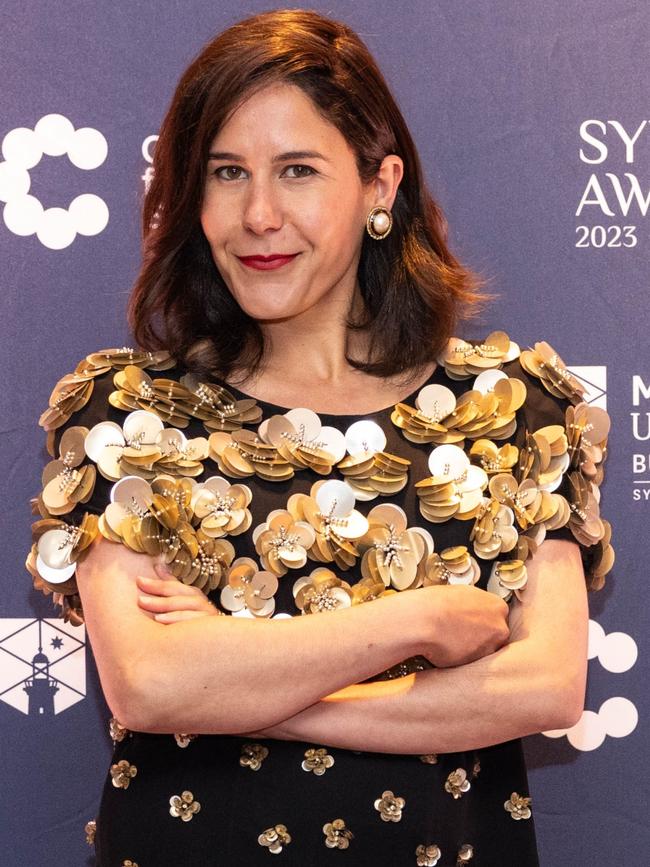
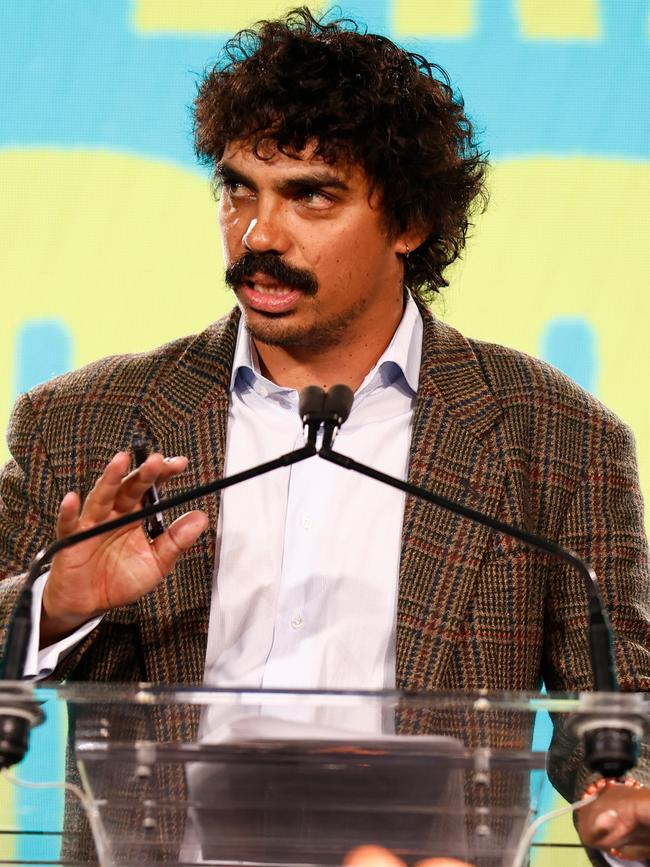
“It is a strongly held tenet that our journalists’ personal agendas do not influence our reporting of news events. This applies across the board, including to our coverage of the current war in Israel and Gaza,” they said. “Any newsroom staff who signed this latest industry open letter will be unable to participate in any reporting or production relating to the war.”
ABC news director Justin Stevens emailed all staff late on Friday afternoon, saying those who signed the letter would have their impartiality queried. But he stopped short of banning those who did sign the document from covering the conflict.
“You should not sign any petition that may bring into question your impartiality or that of the ABC’s coverage. Signing this petition may bring into question your ability to cover the story impartially,” he said. “Maintaining trust and credibility as an ABC staff member means you forgo the opportunity to share your opinions about stories on which you report or may be involved in.”
Former editor of The Age, Michael Gawenda, who is Jewish, said there was an obligation on journalists to be fair and accurate and not to be agenda-driven, arguing the individuals who signed the letter were “acting against the codes of the organisations for which they work”.
“That letter says that context is very important when it comes to October 7. Well, the context they set out is contested. Every element of that context is contested … This is not the basis on which journalists ought to operate,” he told The Weekend Australian.
“I don’t understand how ABC journalists can sign this letter … They have a code of practice which is legislated. It’s a public broadcaster funded by taxpayers. I don’t see how their house committee can sign or pass any sort of resolution of this sort. So I would expect that the ABC management will repudiate that.”
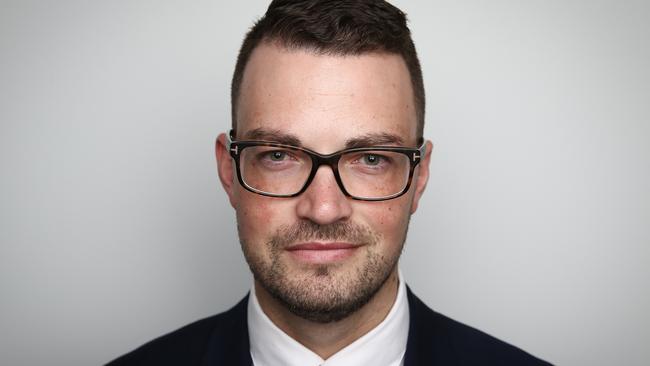
Australia/Israel & Jewish Affairs Council executive director Colin Rubenstein said the letter was an attempt to “give primacy to the Palestinian narrative in reporting on the current conflict”.
“It should be dismissed by anyone who regards ethics, objectivity, professionalism and a focus on factual accuracy as central to journalism,” he said. “This letter is the latest salvo in a campaign by groups of activist journalists.”
He said it was ironic that the letter demanded that newsrooms and reporters cover the conflict with “integrity and rigour” while some continued to “recycle casualty figures provided by the terrorist group Hamas with no qualifications or acknowledgment such claims are unverified”.
Opposition home affairs spokesman James Paterson said journalists who signed the letter “need to make a decision”.
“Are they journalists or are they activists? You can’t be both. Complex, contested issues like Israel and Palestine need professional, dispassionate voices their audiences can trust – not cheerleaders for one side or the other.”
The calls for activism inside news organisations happened as school students in Sydney and Brisbane went on strike in support of Palestine on Friday.
Greens senator Mehreen Faruqi, who fronted the rally in Sydney, promoted her appearance online to her social media followers but deleted one image of her standing in front of a child holding a sign emblazoned with “Keep the world clean” with an egg covered in the Israeli flag being placed in a garbage bin.
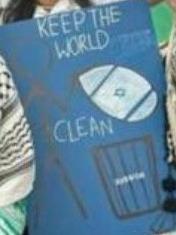
The Weekend Australian understands the motion for the petition was tabled at an in person meeting of the Media Entertainment & Arts Alliance national media section committee on Thursday by two journalists from the ABC and The Age.
It resulted in a 15-10 vote. It was circulated and distributed widely to members of the MEAA union on Friday via an online portal.
ABC personalities Jan Fran, Tony Armstrong and Benjamin Law have signed the petition along with other high-profile journalists, including Peter Greste. Award-winning Herald cartoonist Cathy Wilcox signed the letter, as did the masthead’s health reporter Angus Thomson, The Age’s economics editor, Noel Towell, and features editor Maher Mughrabi.
Walkley winners The Saturday Paper’s Rick Morton and author Antony Loewenstein – who was awarded the 2023 book award for The Palestine Laboratory: How Israel Exports the Technology of Occupation Around the World – have also signed the petition.
Since October, the MEAA has issued two official statements about the conflict. However members of the MEAA – acting independently of the union – circulated an earlier petition that was not endorsed by the MEAA board that condemned “the Australian government’s support for Israel’s genocidal assault on Gaza”.
A spokesman for the MEAA said the most recent letter was not organised by the union “but MEAA supports it as a signatory and supports our members’ rights to sign it”. It is understood a group of journalists approached MEAA to sign an open letter regarding media coverage of the conflict after meeting in person ahead of the Walkley awards in Sydney on Thursday night.
Abboud, the co-host of the Walkley Awards, also called on journalists to push for a ceasefire to the Middle East conflict.
Senior Sky News journalist Caroline Marcus, who attended the event, said: “It was so out of place. Personally, as a Jewish journalist, I find it offensive when people just call for a ceasefire instead of calling for Hamas to surrender and all the hostages to be released. He said something along the lines that we all call for a ceasefire … it was demanding we use our position to do that.”
Gawenda said it was “very disappointing that, at what are the major media awards in Australia, any presenter would think it necessary for him to advise journalists that they ought to support any sort of policy on the conflict between Israel and the Palestinians. And any sort of policy as regards to what is a very troubling event happening in Gaza. The job of journalists is to report it – not to call for particular government actions.”
MEAA media federal president Karen Percy used her address to say that “we’re in an information war as much as a military one” and that her colleagues in the media were “having crucial conversations about the language being used in reporting … and they are trying to root out biases”.
The MEAA endorsed letter, which remains a live document online, said that the Israeli government was “also an actor in this conflict, with mounting evidence it is committing war crimes and a documented history of sharing information.”

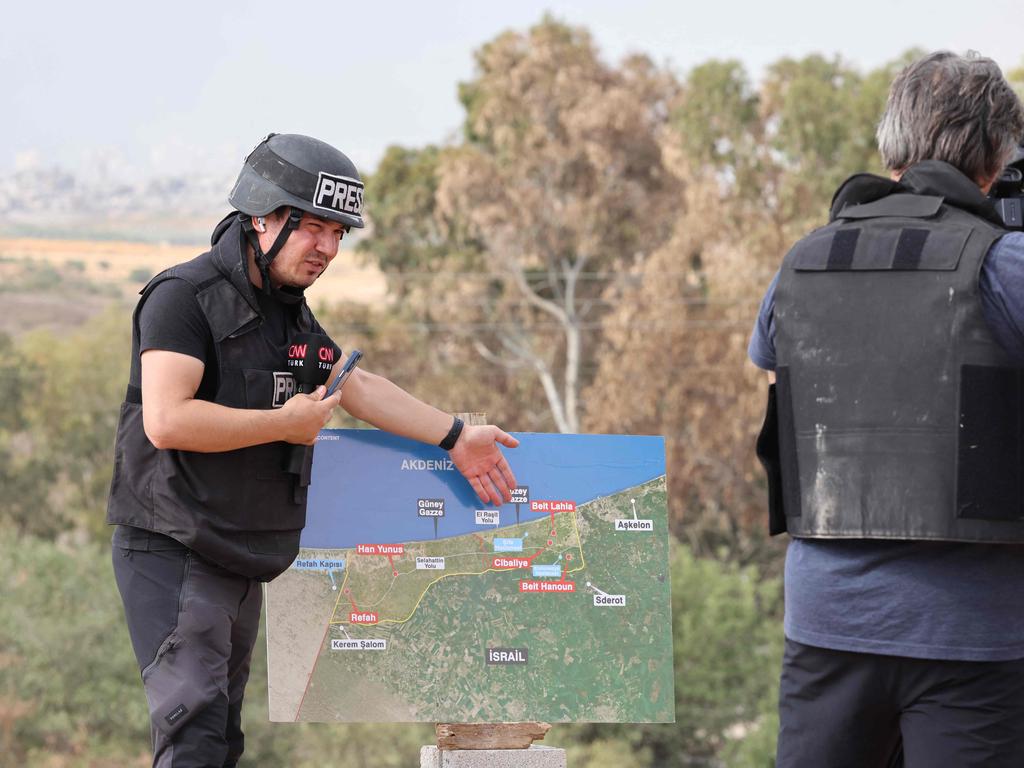




To join the conversation, please log in. Don't have an account? Register
Join the conversation, you are commenting as Logout